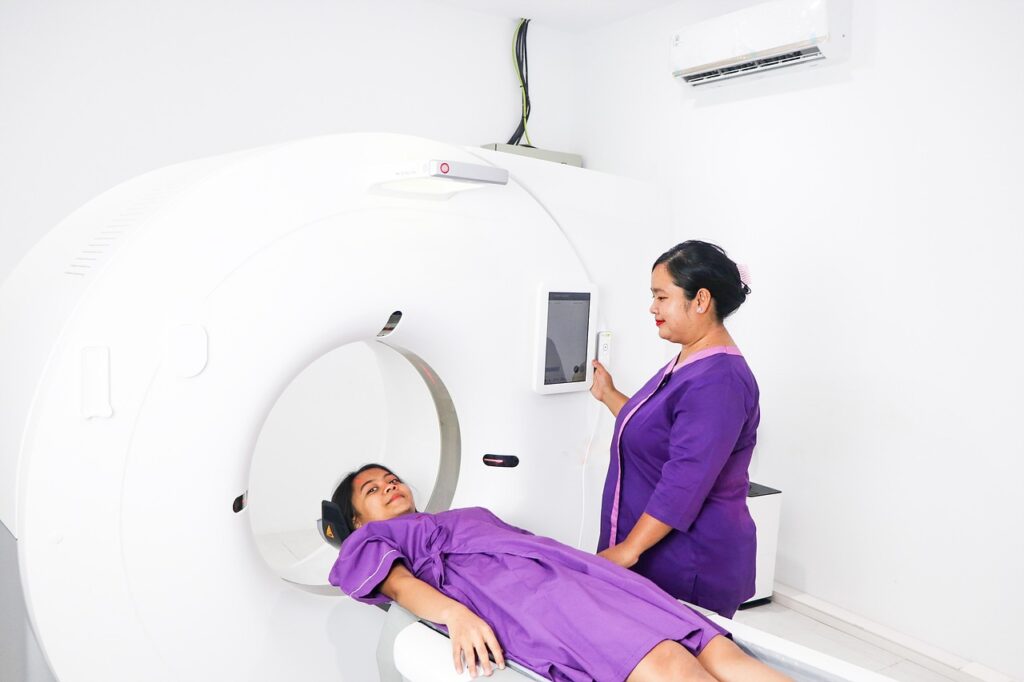Share this Page:
In this study, the researchers looked at the interaction between obesity and outcomes in patients taking immune checkpoint inhibitors (anti-PD-1 immunotherapy, e.g. nivolumab, pembrolizumab) for the treatment of renal cell carcinoma (RCC).
Seventy-two (72) patients with metastatic RCC were treated with anti–PD-1 immunotherapy (none had been treated with immunotherapy before). Obese patients had poorer progression-free and overall survival. The researchers also looked at some metastatic RCC patients who had not received any treatment and who were scheduled to have a partial or full nephrectomy. In these patients, blood taken from the tumour and a blood vessel in the arm showed decreased amounts of tumour-infiltrating PD-1–high CD8+ T cells in the obese patients. These findings were also shown in mice with RCC where, following anti–PD-1 immunotherapy, obesity reduced the number of mice who responded to treatment (73% lean vs 44% obese).
In this study, the researchers show that obesity is associated with reduced efficacy of anti–PD-1 immunotherapies in RCC. However, the obesity paradox shows that obesity is associated with improved outcomes across several cancers, including RCC. The researchers suggest that interleukin-1β could be involved in the diminished response to immunotherapy in obese patients. These findings need further investigation since they could impact the management of metastatic RCC patients.















